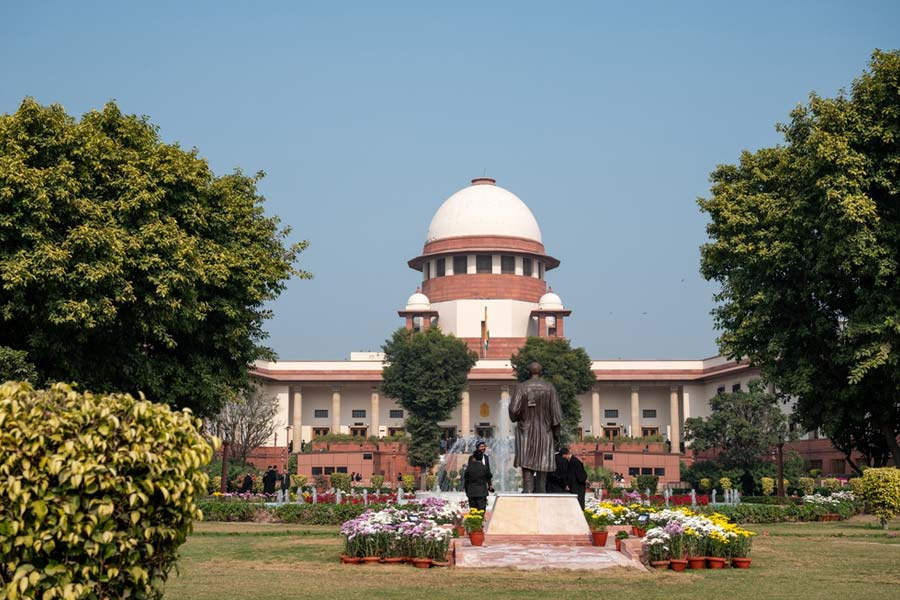Waqf is an Islamic concept, but not an essential part of Islam or a fundamental right, the Centre told the Supreme Court on Wednesday while defending the Waqf Amendment Act that has sparked protests and prompted a legal challenge.
"Waqf is an Islamic concept, no doubt about it, but it is not an essential part of Islam. Waqf is not a fundamental right," Solicitor General Tushar Mehta told the Centre. "Waqf is nothing but just charity in Islam. Judgments show that charity is part of every religion and can happen for Christianity also. Hindus have a system of daan. Sikhs also have it.”
Responding to the submissions challenging the constitutional validity of the Waqf (Amendment) Act, 2025, and opposing any interim stay, Solicitor General Tushar Mehta commenced with his arguments on behalf before a bench comprising Chief Justice B R Gavai and Justice Augustine George Masih.
Mehta began arguments defending the Act, stressing that no individual has the right to claim government land, even if it has been classified as waqf under the “waqf by user” principle, where land used informally for religious or charitable purposes over time is declared as waqf.
"Nobody has the right over government land," Mehta said. "There is a Supreme Court judgment which says the government can save the property if it belongs to the government and has been declared as waqf."
"Waqf by user- is not a fundamental right. It was recognised by statute- judgment says if right is conferred as legislative policy, the right can always be taken away," the Solicitor General further said.
The Waqf (Amendment) Act, 2025 was passed by Parliament in April and received presidential assent on April 5. The Lok Sabha cleared it with 288 votes in favour and 232 against, while the Rajya Sabha approved it with 128 supporting and 95 opposing.











